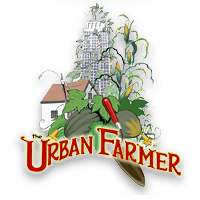Explore Cuba’s Organic Revolution - Western Cuba
February 03-16, 2025
Cuba’s quest for an organic and sustainable agriculture began in earnest with the collapse of the Soviet Union in the late 1980’s.
Faced with a looming food shortage due to the sudden loss of agrochemical and food imports from the eastern block, the Cuban people were at a critical crossroads: somehow the country needed to produce far more of its own food with far fewer outside in-puts or face widespread starvation.
This crisis sent Cuba firmly down the path towards an organic and localized food model. Massive educational campaigns and numerous demonstration farms were established to teach Cuban farmers organic methods. Comprehensive land reform measures were also set in place, transforming large state farms into worker-owned cooperatives and small independent family farms. The urban agriculture movement emerged to provide thousands of Cubans with the opportunity to turn vacant urban lots into productive organic micro-farms.
For many years, these innovations worked!
The unfolding story of Cuba’s struggle for food sovereignty continues today however. The global Covid-19 pandemic resulted in the collapse of income from tourism – a key driver of the Cuban economy. A tightening of the economic blockade by the USA under Trump, along with a drop in trade with Venezuela, Russia and China has resulted in a new economic crisis in the country.
To make matters worse, increased frequency and intensity of hurricanes, floods and droughts are making growing food more challenging than ever. Widespread shortages of fuel, food, and basic supplies for agriculture and domestic life are now creating havoc in the country. There has been a flood of out migration as younger Cubans are travelling to Central America to join the dangerous migrant caravans heading to the USA. The burden of feeding the country’s population is increasingly falling onto small farmers as many of the state’s social food programs are no longer functioning.
Can Cuba’s small organic farms, urban agriculture projects,
and other food security innovations rise to the challenge?
Join us for this 14 day adventure into the heart of Cuba to find out!
Food, Farms and Forests – Cuba 2025 will provide a unique opportunity to explore Cuba’s organic revolution in a manner not normally available to tourists. In close partnership with key Cuban organizations in the organic agriculture and permaculture movements, we will have direct access to the heart of Cuba’s ongoing organic transformation. This trip will explore the role that small farms, community projects, and permaculture practitioners are playing in the current economic crisis facing the country.
Included in our 14 day Itinerary:
Orientations to Cuba and the emerging organic and sustainable agriculture movements
Visits to small farms, cooperatives and demonstration sites
Visits to agro-forestry, permaculture, and urban agriculture projects
Sharing and dialogue with Cuban permaculturalists, organic farmers and food security activists
Opportunity for hands-on work in partnership with our Cuban friends and host organizations
Opportunities to explore Cuba’s rich history, culture, music, beaches, ecological reserves and natural areas
Opportunities to join in solidarity with the Cuban people during this time of uncertainty and struggle
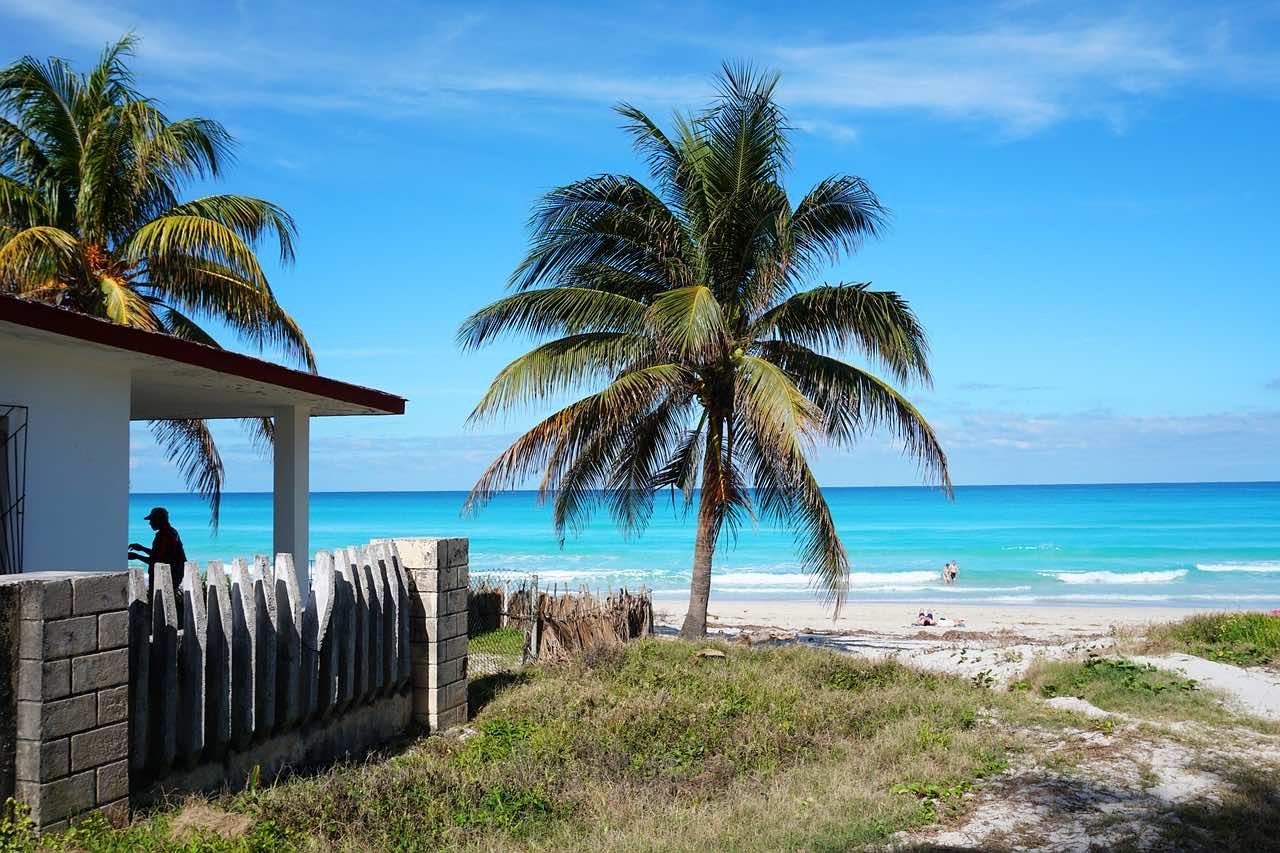
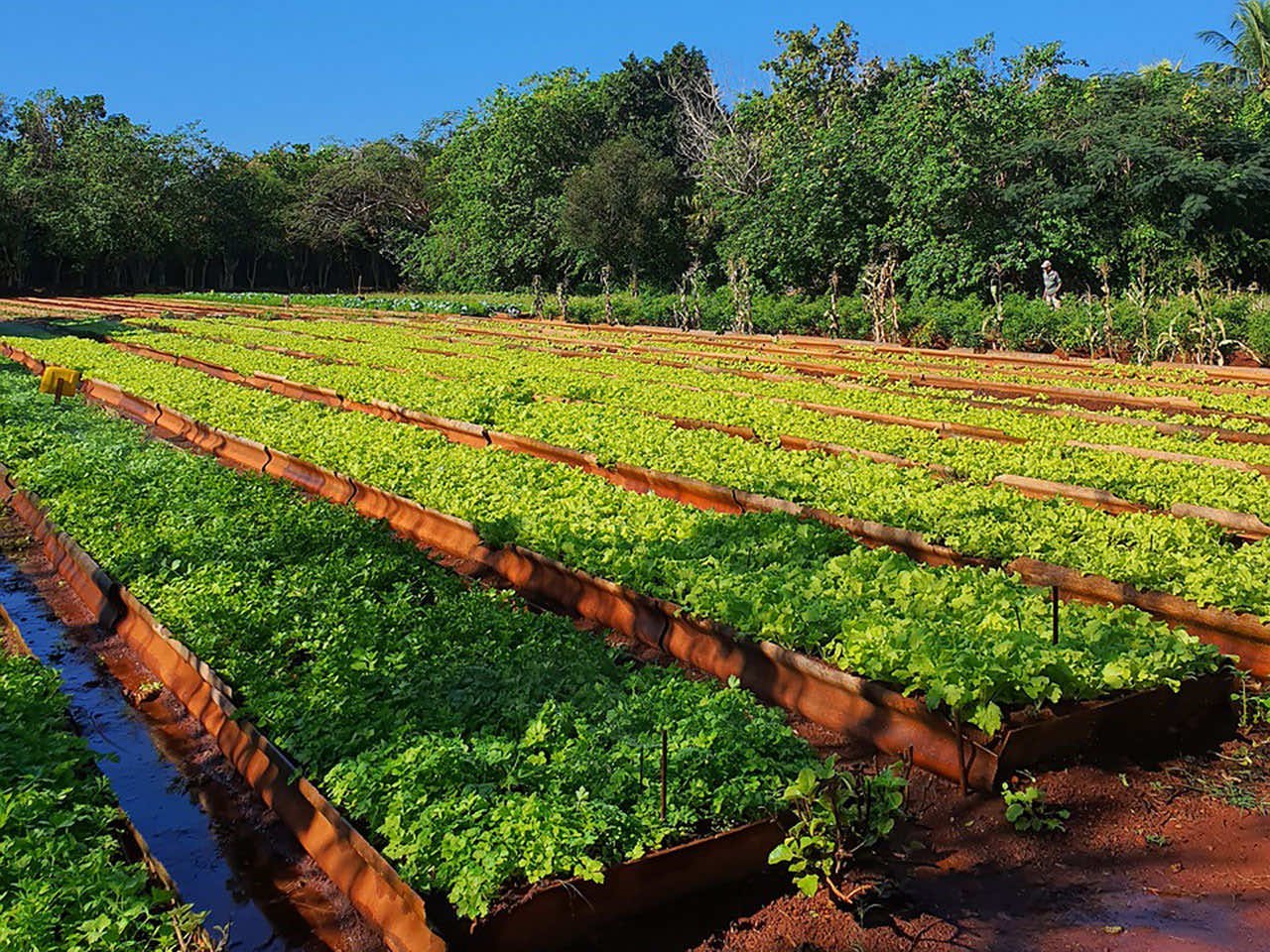
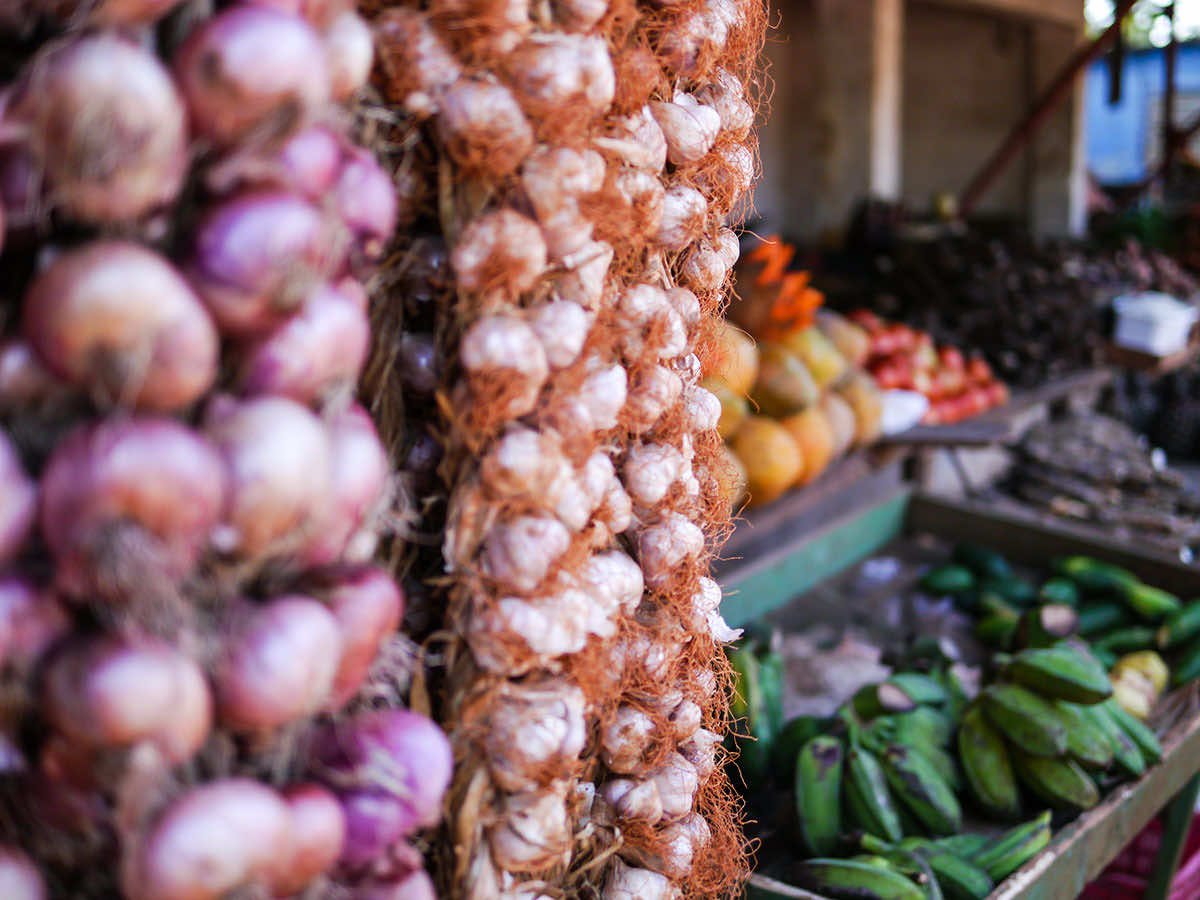
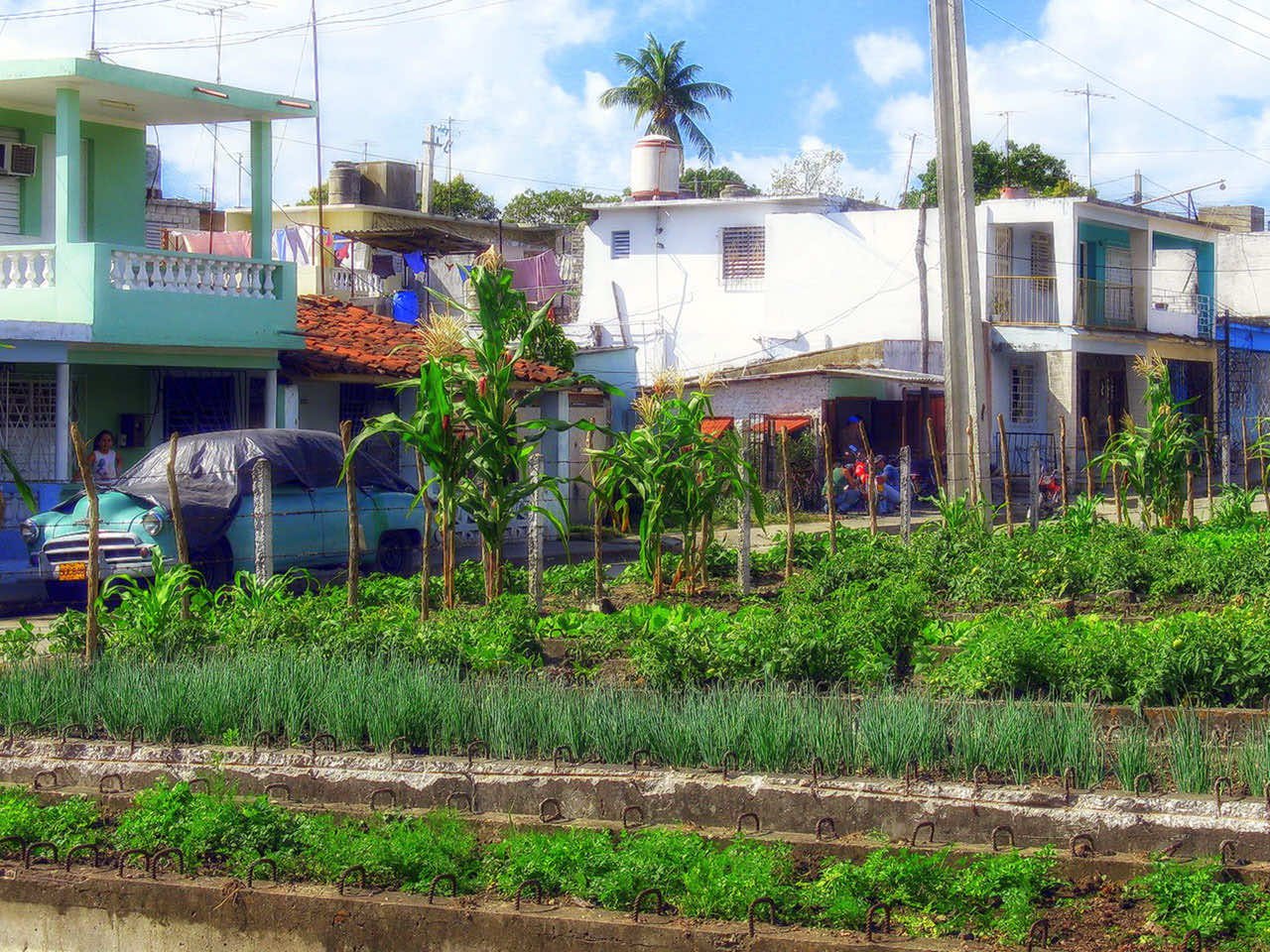
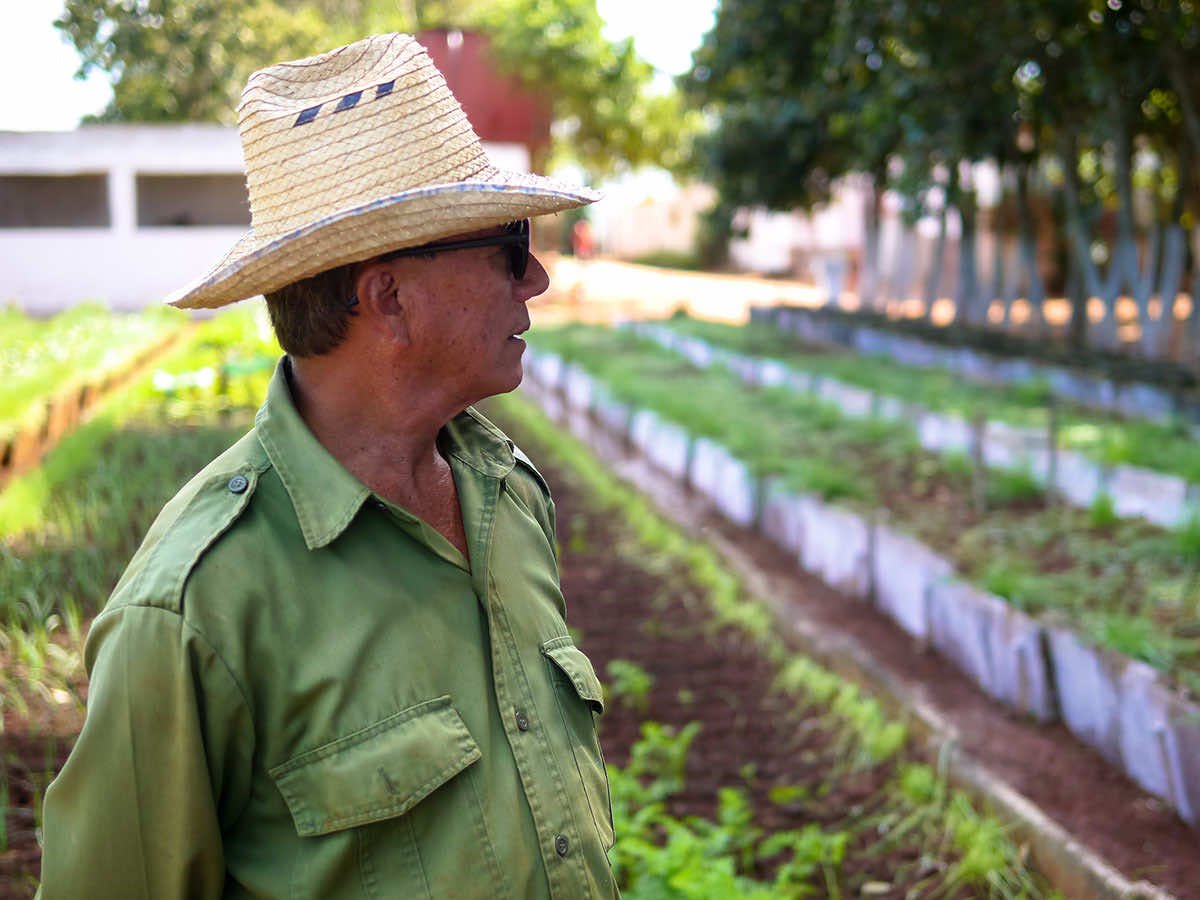
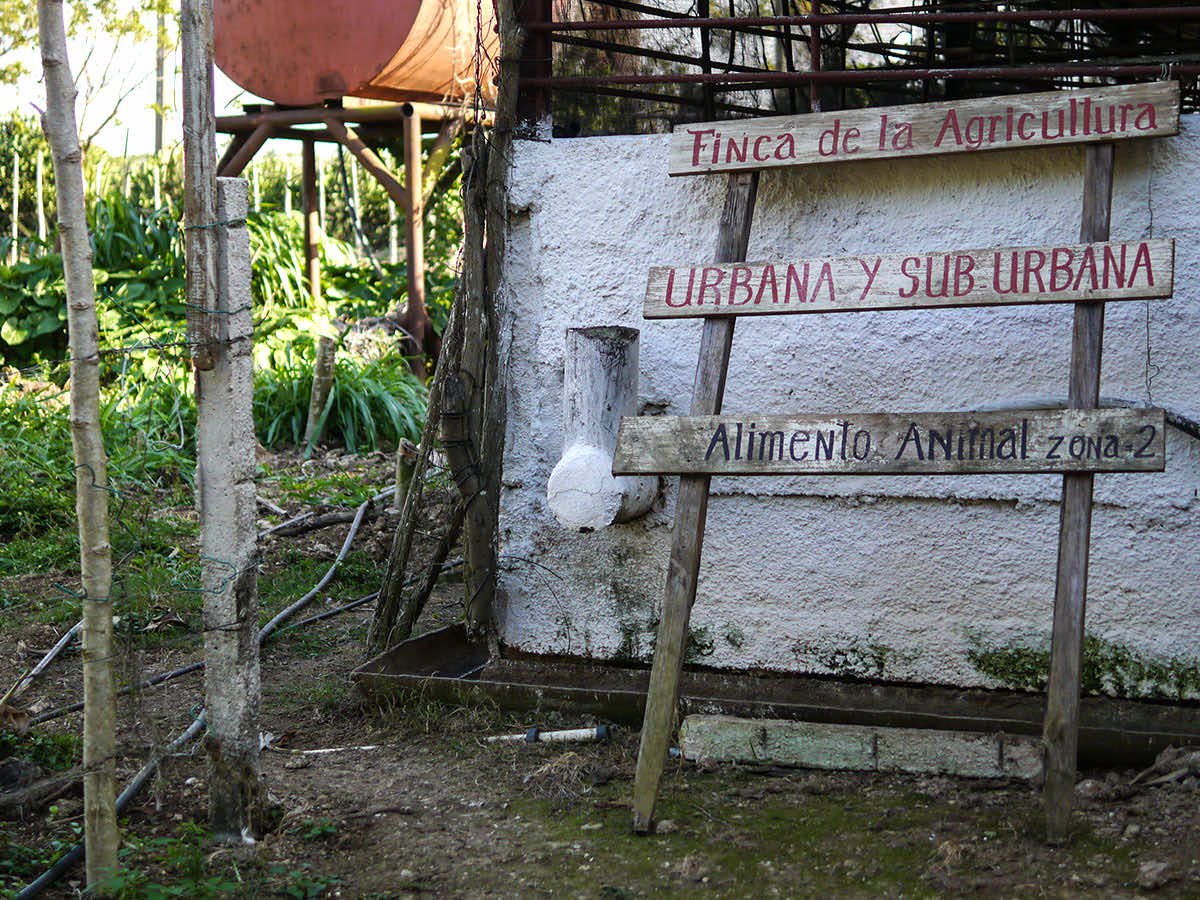
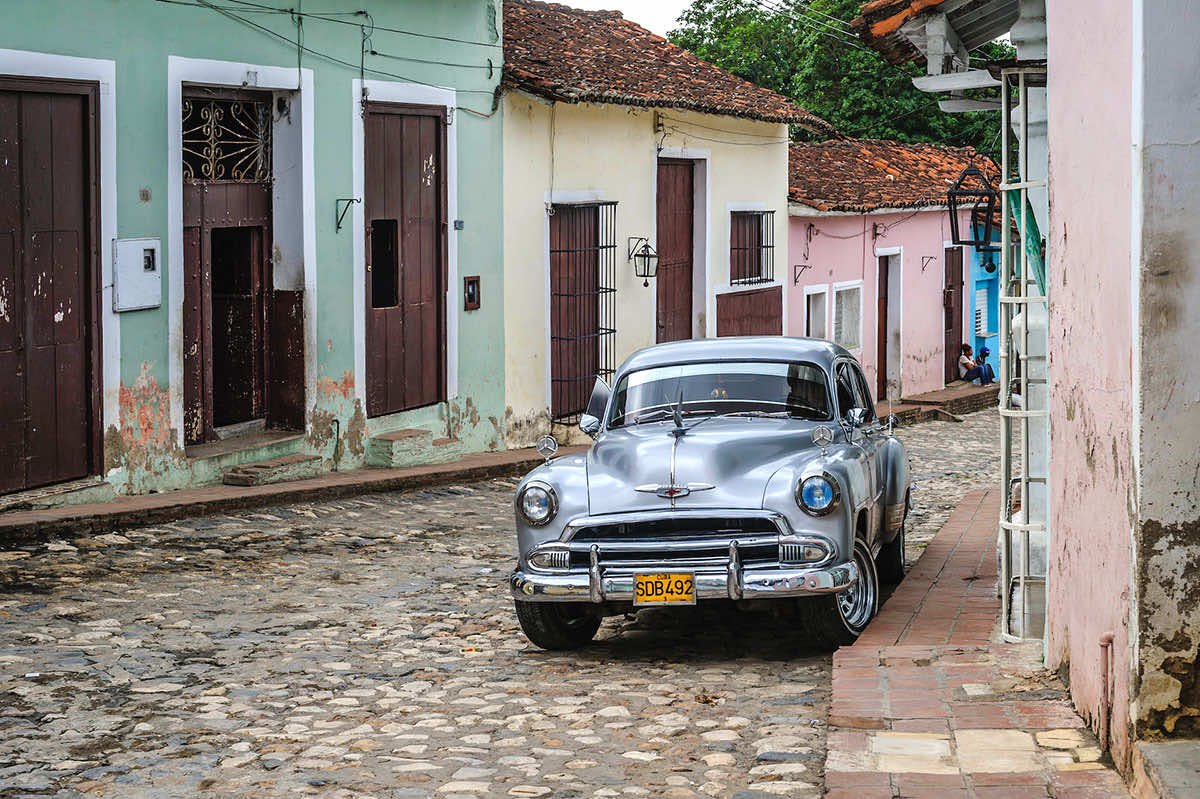
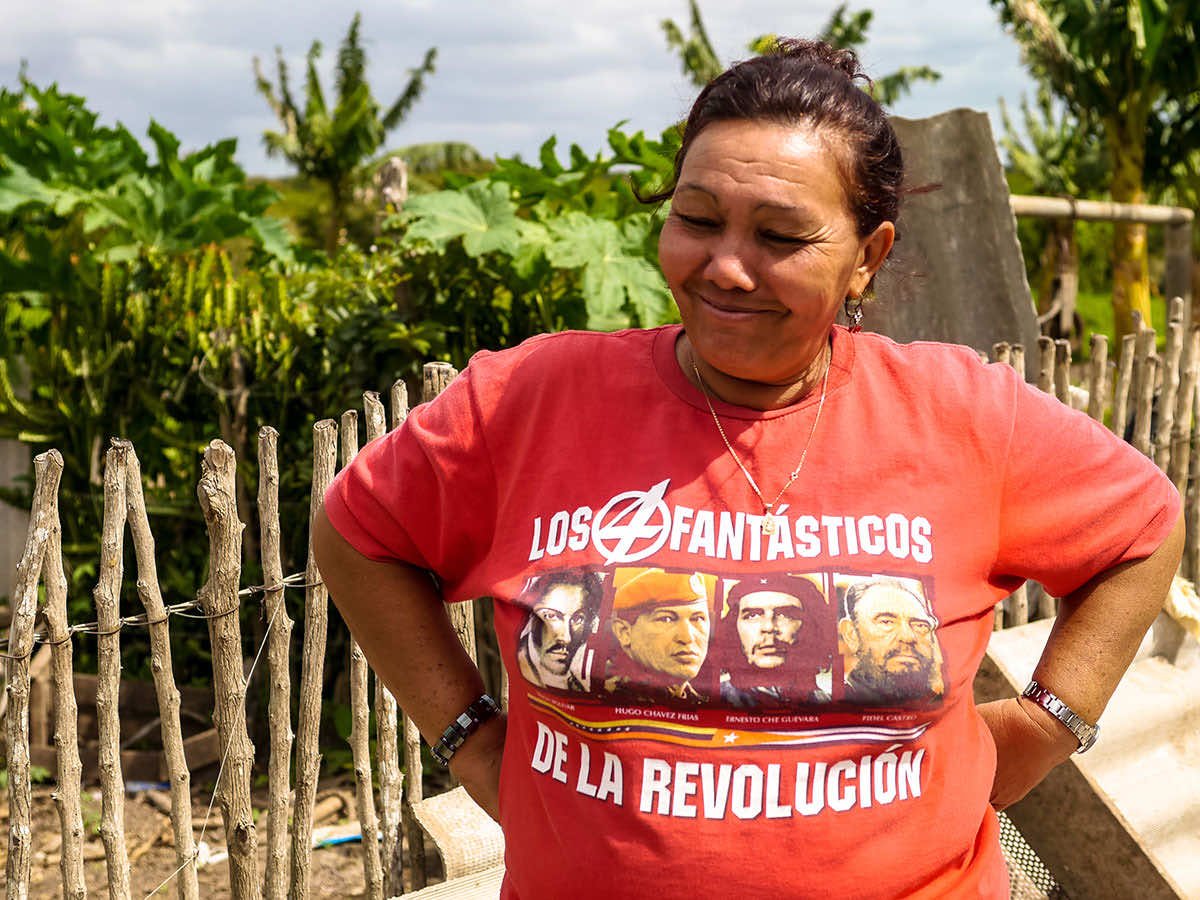
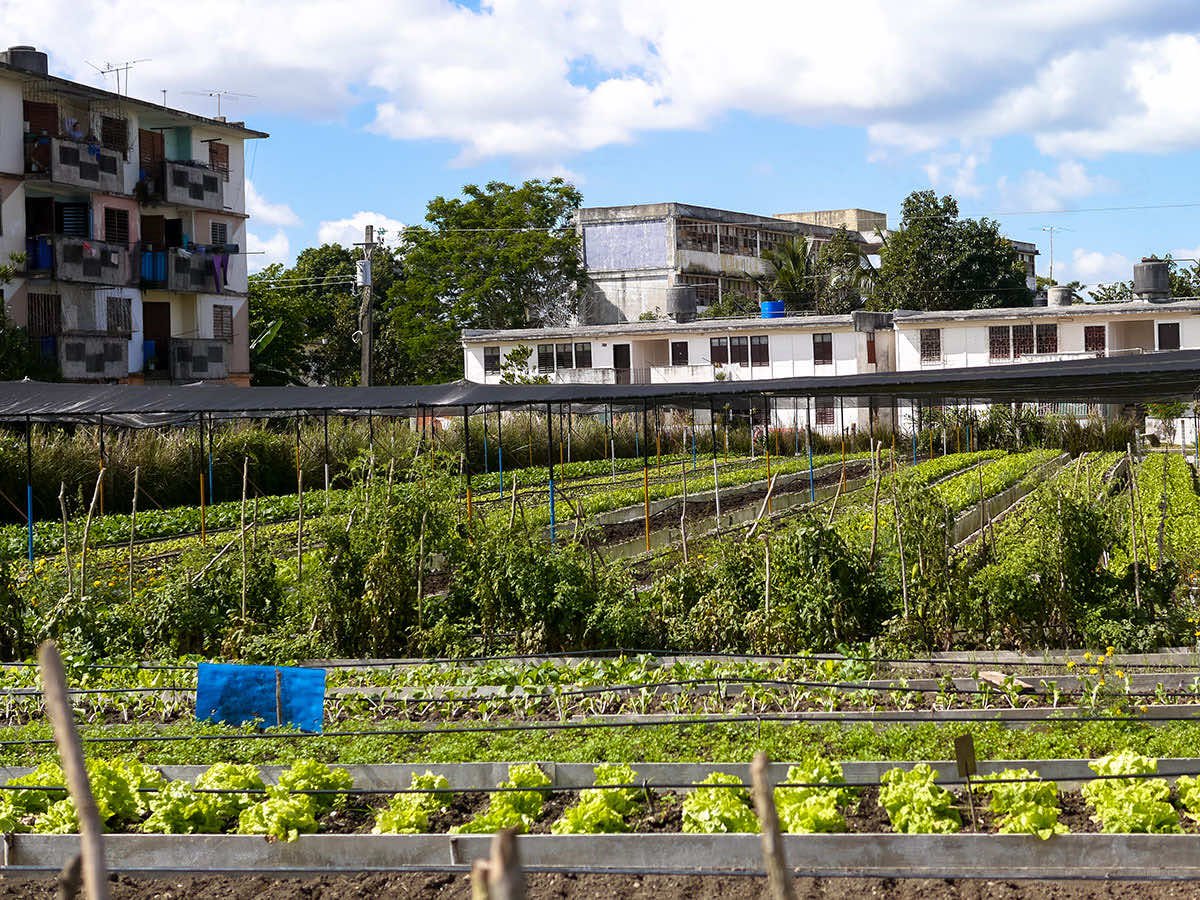
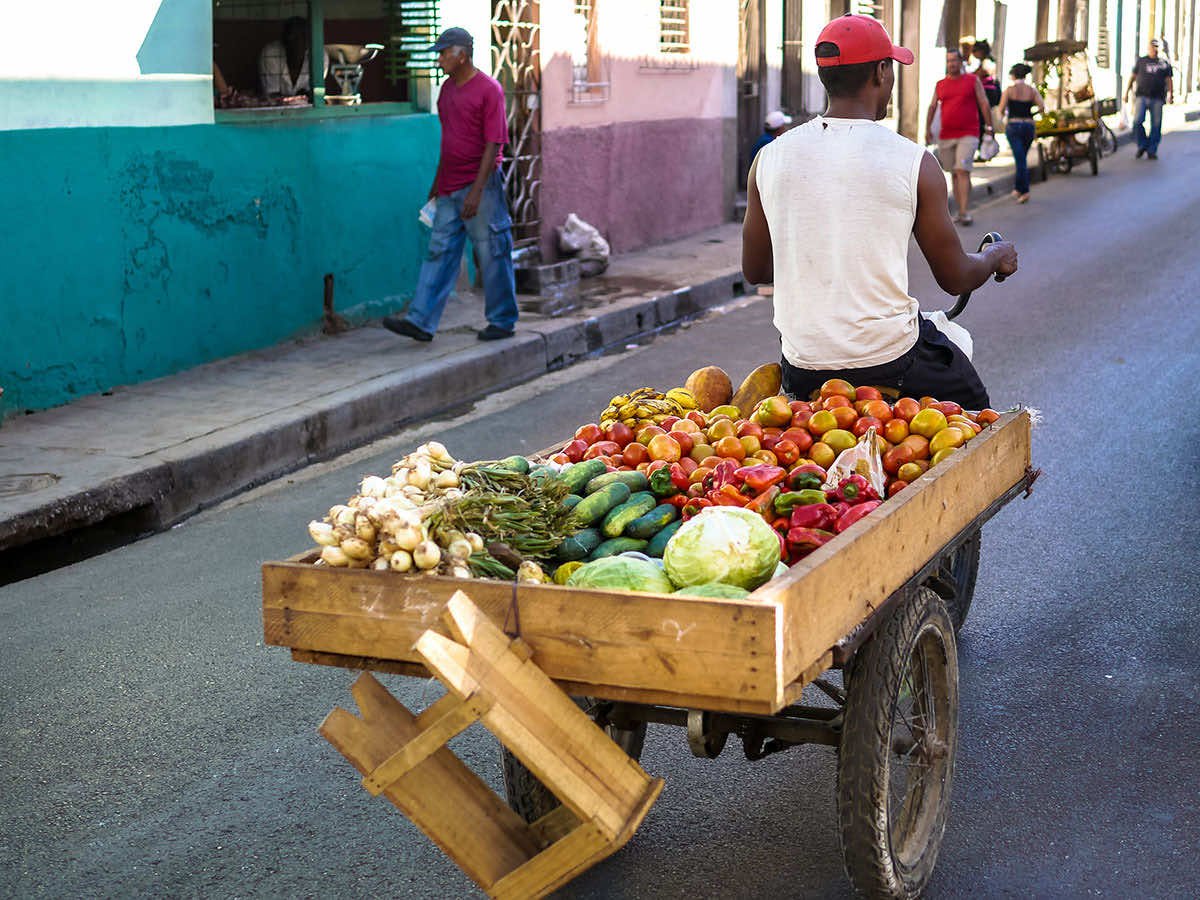
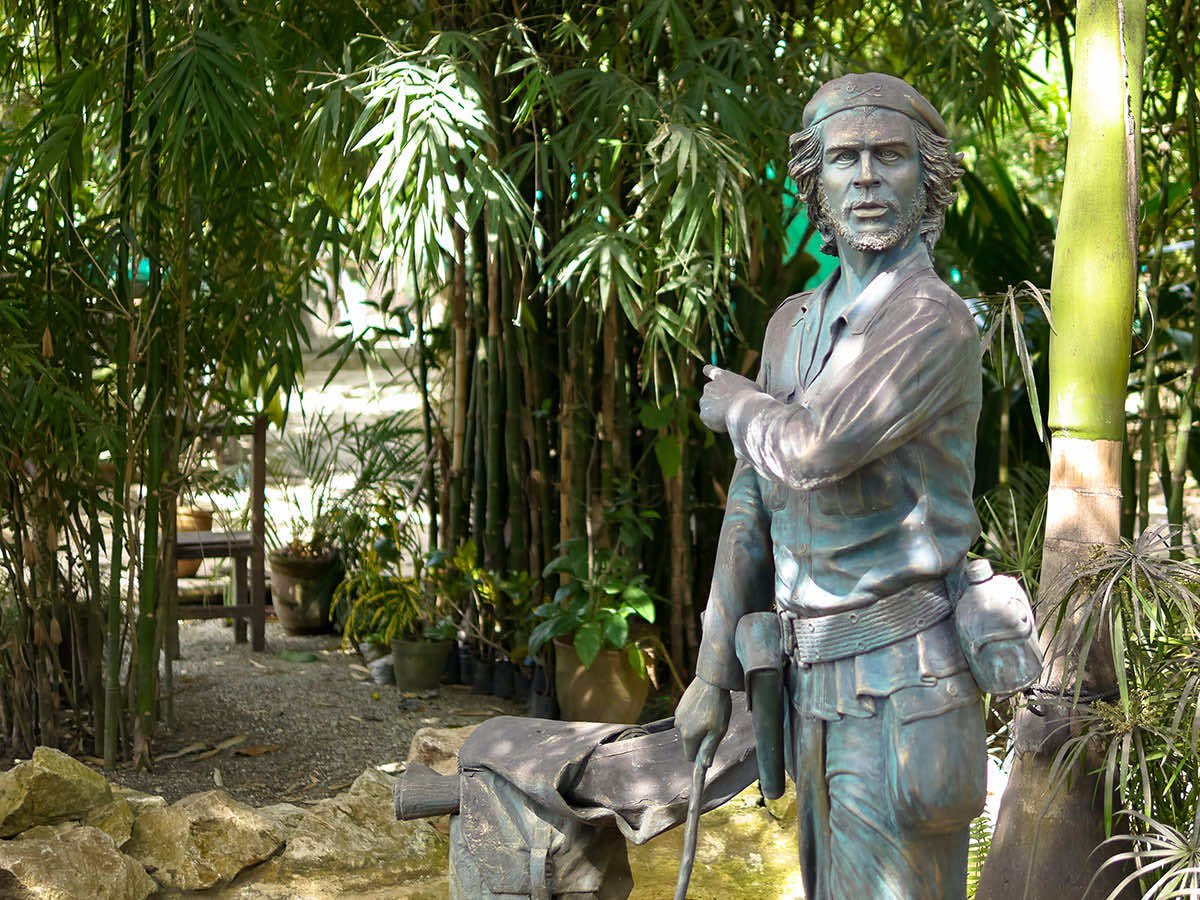
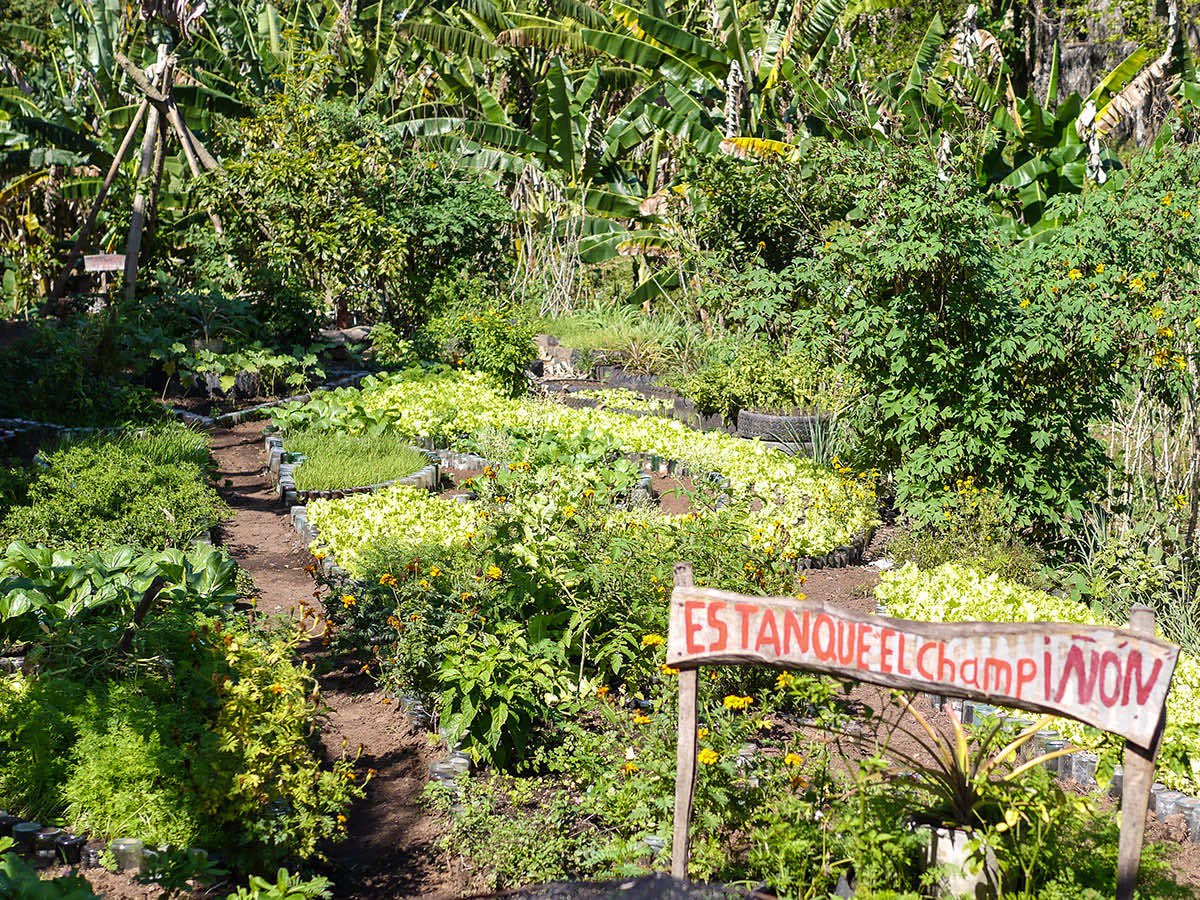
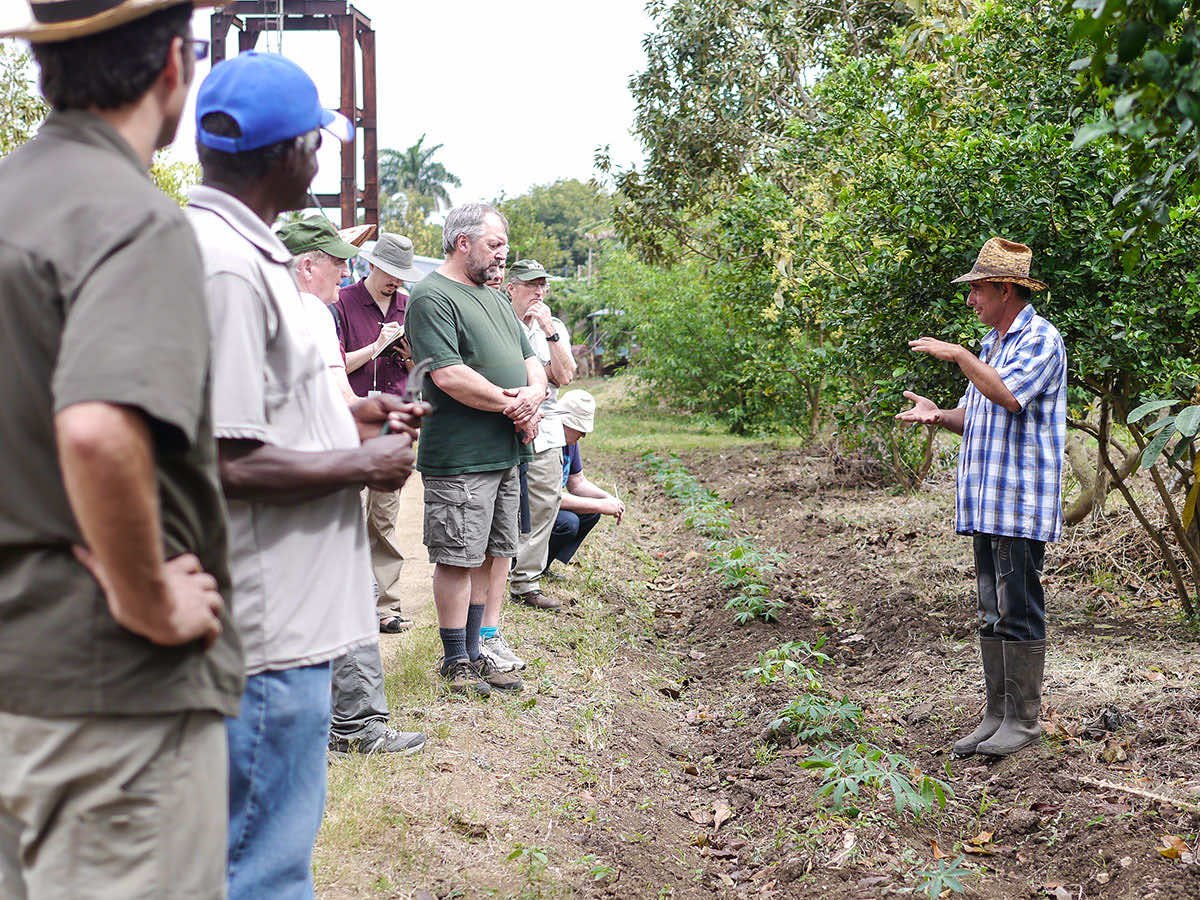
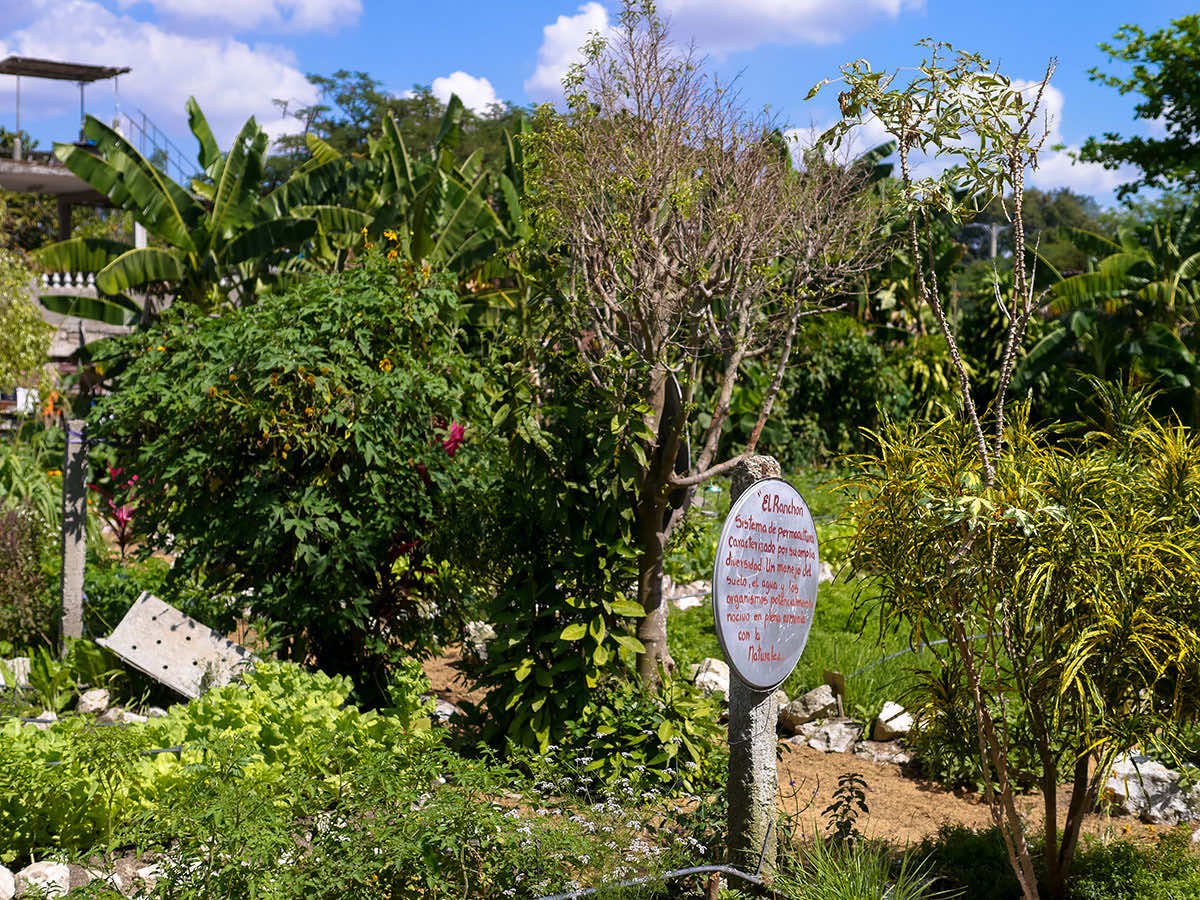
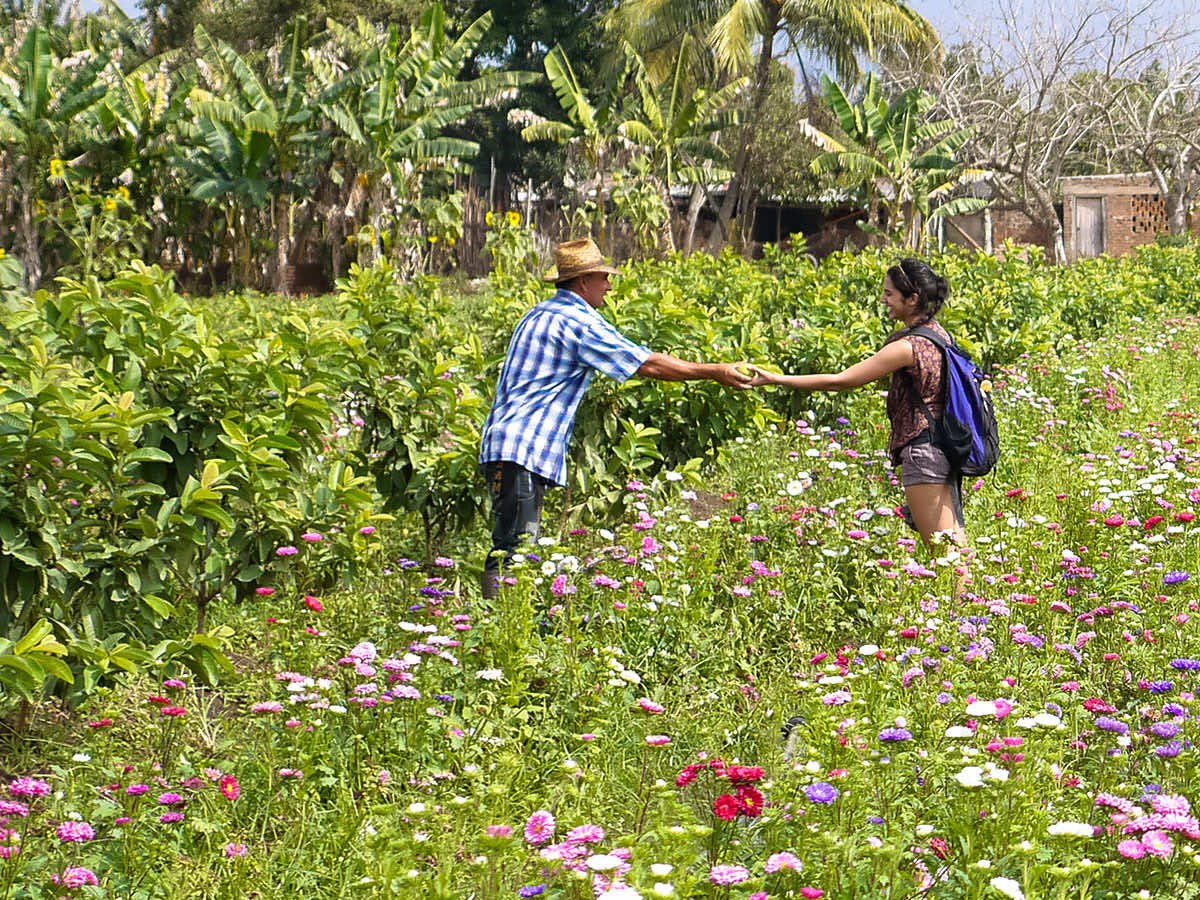
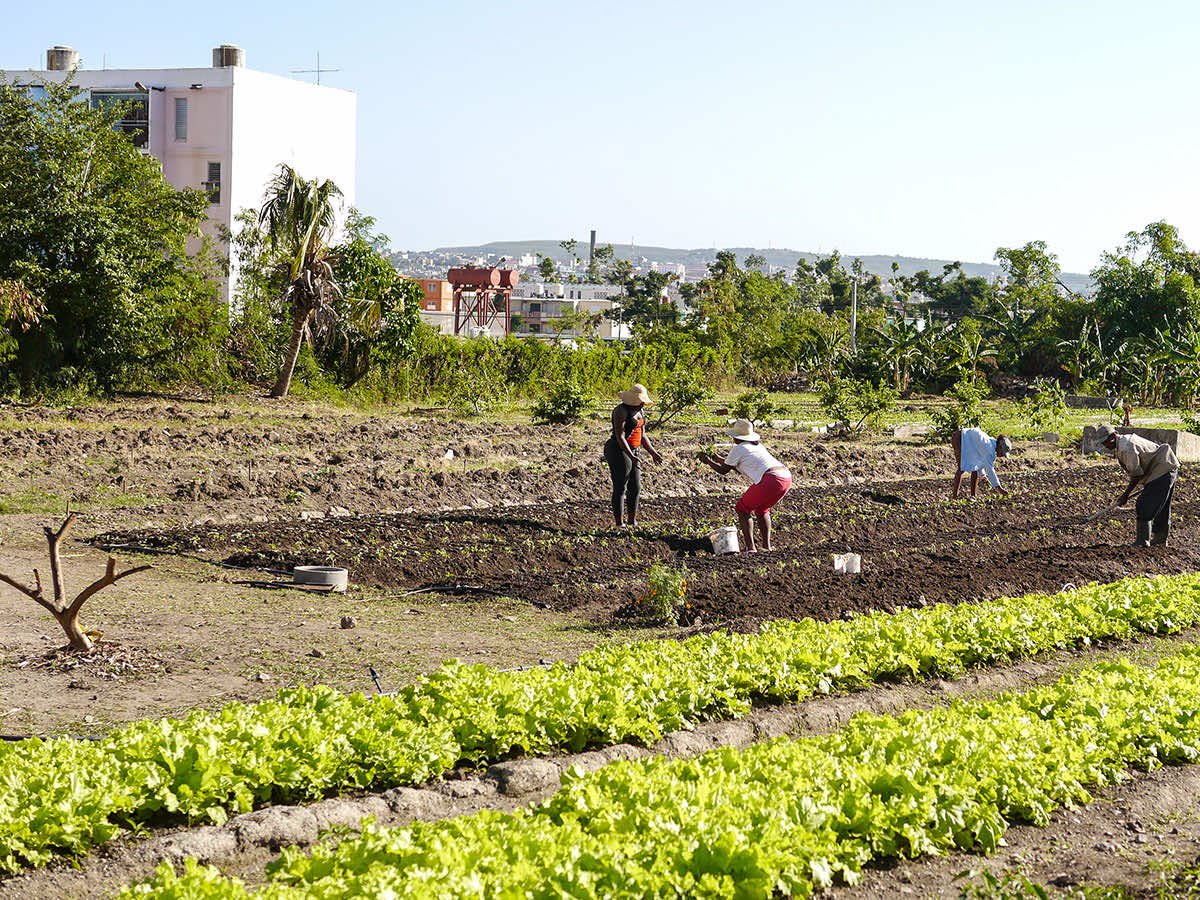
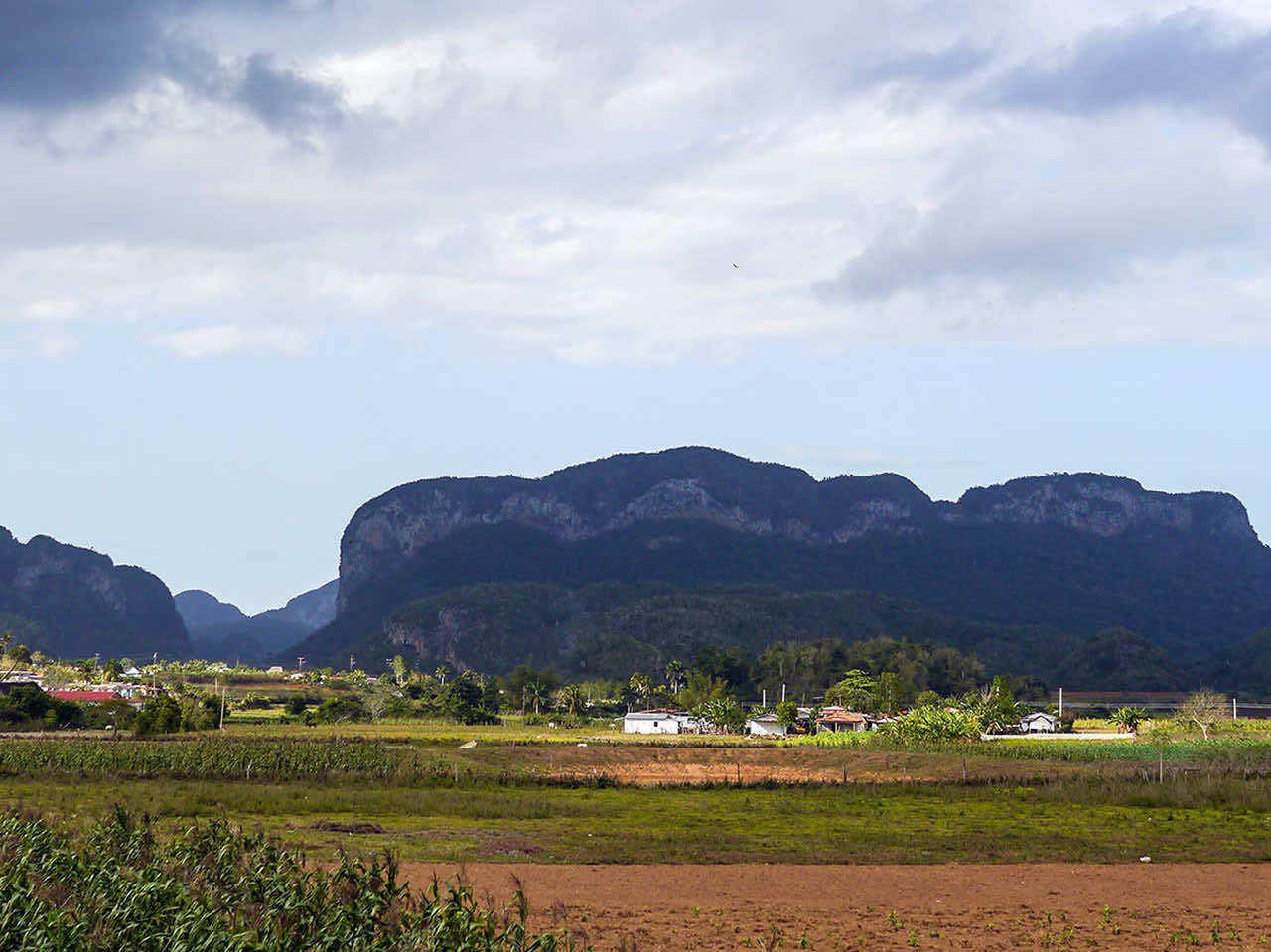
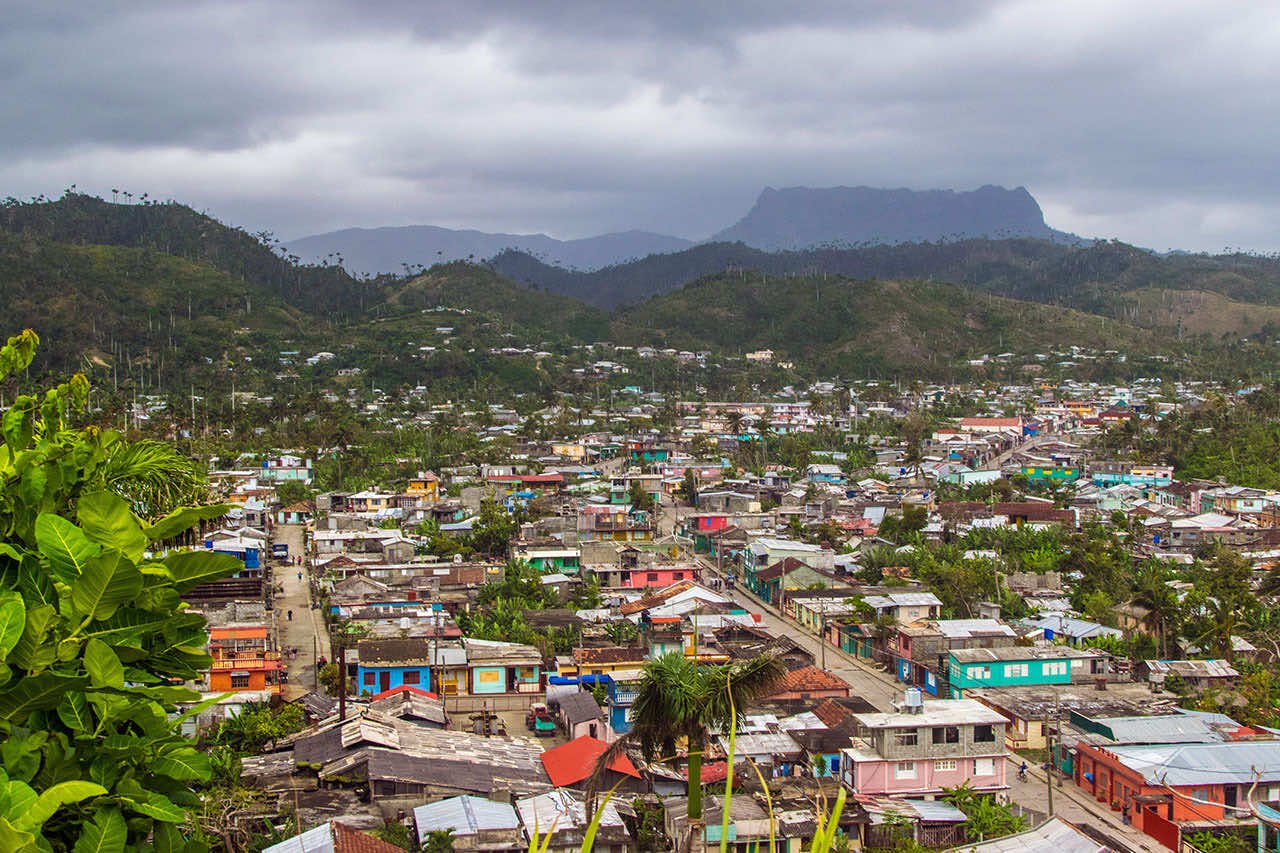
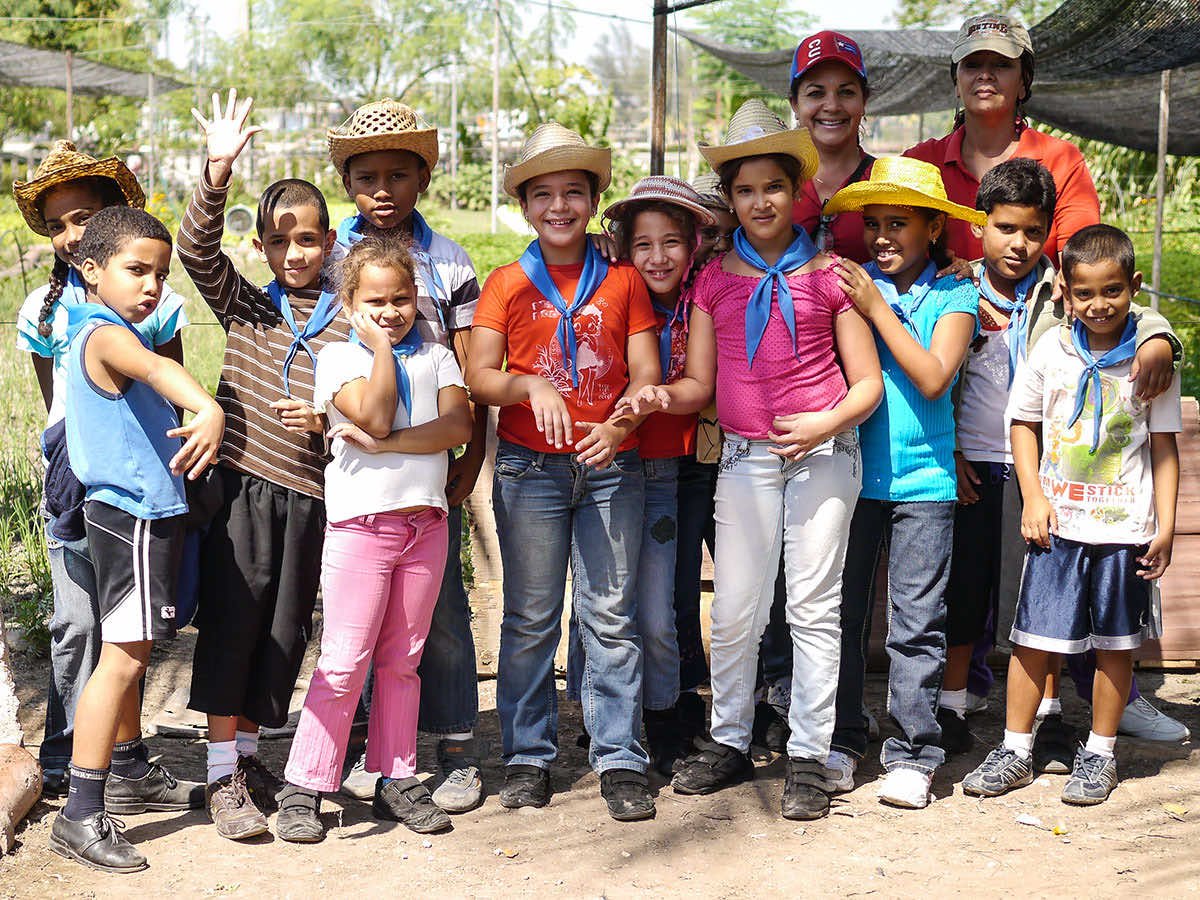
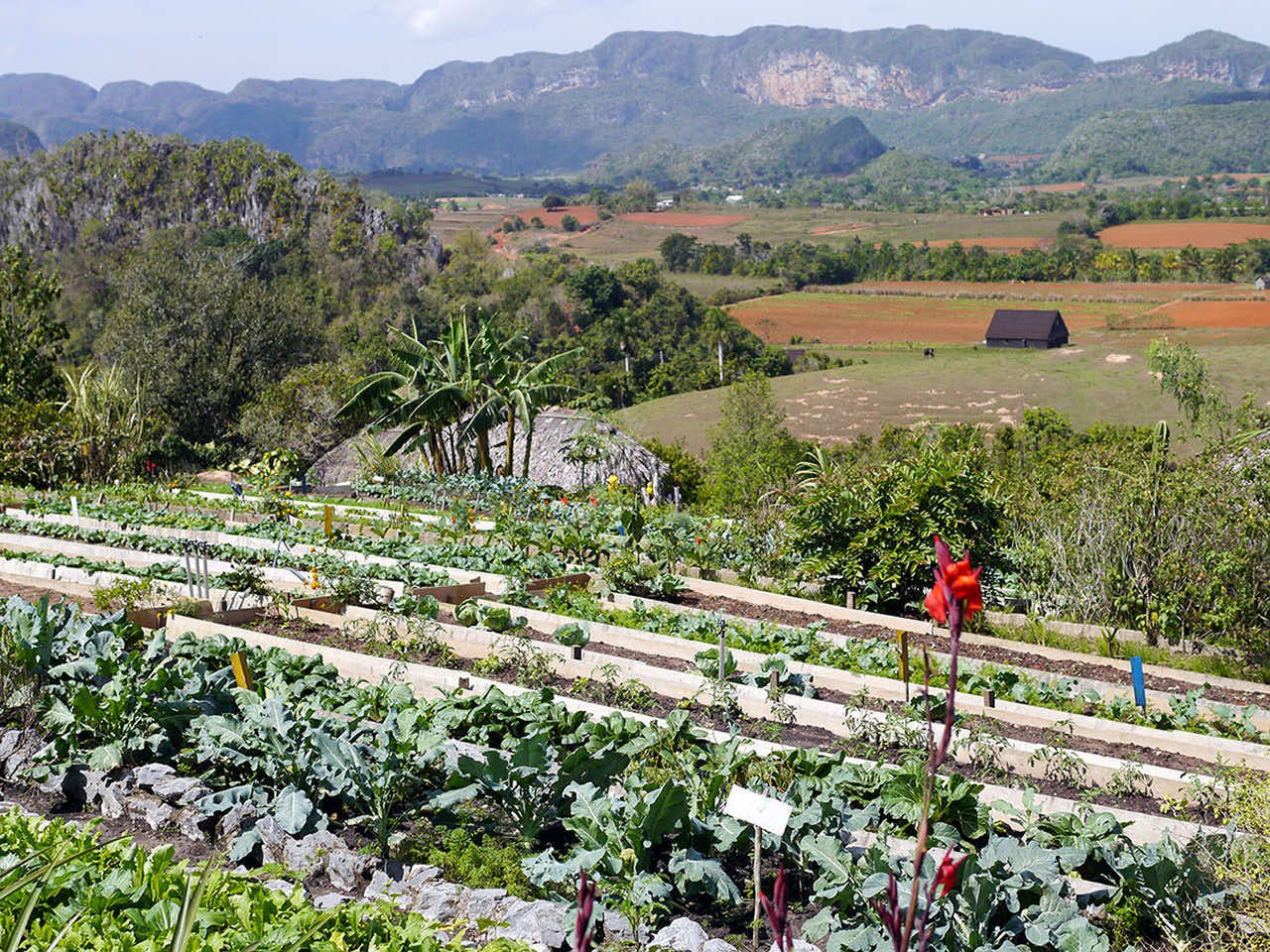
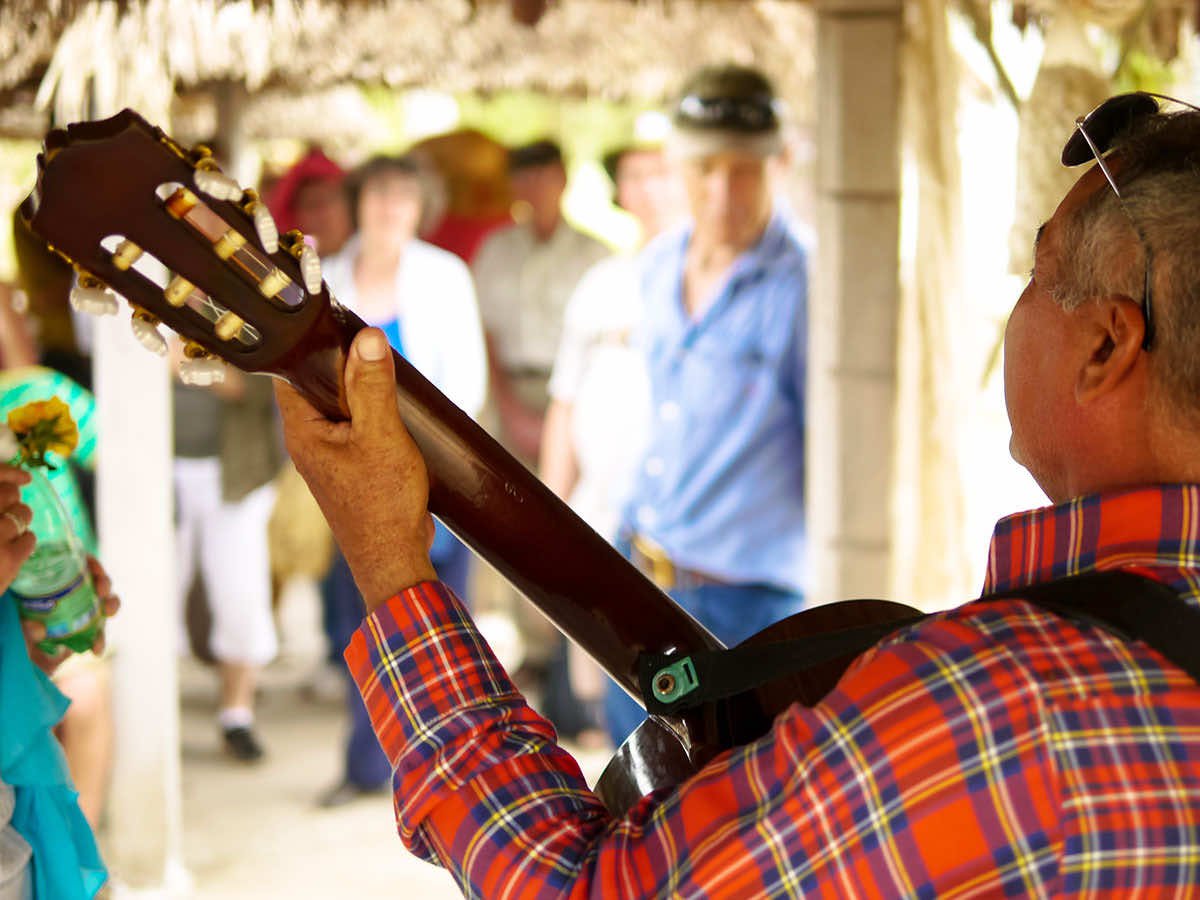
After pick-up at the Varadero International Airport, we will arrive at the Centre for Reflection and Dialogue in the small city of Cardenas. This progressive ecumenical centre undertakes a range of community development and social justice work including many programs promoting local food security. We will spend the first few days based out of Cardenas while we visit several farms, agricultural research and teaching centres and ecological projects in the Matanzas region.
From there our itinerary will take us to the beautiful colonial city of Sancti Spiritus in central Cuba where we will encounter the inspiring permaculture and urban agriculture projects of the Antonio Nunez Jimenez Foundation. Our next stop, a short ride away, is the World Unesco Heritage city of Trinidad featuring cobblestone streets, gorgeous architecture and vibrant arts and culture scene.
Leaving Trinidad, we head to the far western Province of Pinar del Rio and the beautiful small town of Viñales, nestled in tobacco growing valleys surrounded by mountains. In Viñales we will encounter more small farms and organoponicos and have the opportunity to learn about the tobacco growing and curing process along with optional hikes, horseback rides and down time. On our way to Havana we will visit the now legendary Finca Marta - an incredible success story of a highly productive organic farm employing many people and boosting food production for the entire region. Our final destination is la Habana (Havana) where will stay in Habana Vieja (Old Havana) enjoying all of the incredible history, architecture, food and culture that it has to offer. Transportation will be provided back to the Varadero airport on the morning of February 16.
Flights need to arrive in Varadero no later than 3:00pm on February 3. Departing flights can be out of Varadero or Havana.
Final dates and itinerary are subject to change.
Independent travel can be included following the end of the program as our visas will be valid for 90 days.
Testimonials from our 2024 Program:
If you're wanting to be on the leading edge of the modern food and gardening revolution, this incredible experience is for you. If you want to see Cuba through an authentic and immersive lens, the Food, Farms and Forests tour is the way to do just that. Combining hands-on learning opportunities with visits to permaculture farms; homegrown Cuban cuisine; and a connection with Cuban families, people and culture; Ron's tour allows one to feel connected to a like minded community, to develop valuable gardening and food production knowledge, to feel empowered to create positive change, to meet leaders in the permaculture field and enjoy a spirit-filled adventure of a lifetime. I would recommend to anyone looking for this type of experience and will be back on the next tour! Josh Wright, Portage La Prairie, MB
I one hundred percent recommend participating in Cuba: Food, Farms and Forests with Ron and Naomi. Ron's depth of experience in Cuba; familiarity with Cuban history and culture; deep respect for the people of Cuba; open-mindedness and commitment to learning; extensive access to resources for accommodation, transportation and experiences and his fluency in Spanish all contribute to participants having an unforgettable and deep travel experience. Seeing how much respect and admiration Ron's Cuban friends and associate farmers have for him affirms that you are in good hands for this kind of experience. All details were incredibly well managed. Being able to experience Cuba through the lens of food security, permaculture, agriculture and community is super special! You truly get an opportunity to connect with the land, the people and the culture in a meaningful way. Contributing to Cubans with the attitude of solidarity rather than charity is at the heart of this tour and is felt in all of the activities. It’s just the best. You should do it!! Darcy Kaltio, Victoria BC
Muchas gracias Ron and Naomi for offering such a wonderful experience for people wanting to learn about, and contribute to permaculture in Cuba. The strong relationships that you have built over time with these Cubans offered us the unique opportunity to meet “real” Cubans, to stand in solidarity with them, and to gain a deeper understanding of Cuba. Ron and Naomi were much more than “tour leaders”. They always went above and beyond in “taking care” of us to ensure that we had an interesting, but a also safe and healthy experience. Barbara Seed, Sechelt, BC
Wow! A life changing rich meaningful experience in solidarity with the Cubans. Learn from the Cuban farmers, leaders in permaculture, eat delicious home grown food at their farms and work with them in a hands-on learning experience. Combine that with Ron's impeccable translation and organization of the tour, and Naomi's attention to detail and care and you have magic while learning to flow and work with nature. Superb value, attracts people of similar values, and a once in a lifetime opportunity to experience authentic Cuba. Linda Omichinski, Portage la Prairie, MB
Are you… An organic farmer, gardener or permaculture practitioner? Eager to experience the rich culture, ecology and beauty of the real Cuba? Interested in local food security and sustainable agriculture? Ready to share an alternative eco-agricultural experience with a group of other Canadians (and others!) and Cubans? Willing to stand in solidarity with the Cuban people during this time of crisis and uncertainty?
If you answered yes to any or all of the above then this tour is for you!
The Urban Farmer
Ron Berezan has lead 27 group agricultural trips to Cuba over the past 15 years. He has deep connections to the Cuban organizations and leaders in the organic agriculture, permaculture and agro-ecology movements. Ron is a fluent Spanish speaker with a deep knowledge of and love for Cuba. He is an organic farmer and consultant who has lead countless food security related projects and workshops in communities throughout Canada and beyond. Ron lives in Powell River on traditional Tla’amin territory. Ron will be assisted by Naomi de Ville (ecologist, urban farmer and permaculturalist) in the leadership of this program. Naomi brings a wealth of experience and skill to the table and has now participated in several Cuba programs.
The Antonio Jimenez Foundation for Nature and HUMANITY
This Cuban NGO has been promoting the protection and enjoyment of Cuba’s incredibly diverse natural and cultural heritage for the past 35 years. With delegates in most Cuban cities, they facilitate the permaculture movement that has spread throughout the country.
CENTRO CRISTIANO DE REFLEXION Y DIALOGO
Located in the small city of Cardenas, the CCRD provides a range of social and community services to the local population, most of whom work in the tourism sector in Varadero. The centre also runs Finca El Retiro. a demonstration farm promoting sustainable organic agriculture and supports several initiatives increasing food access for the local population. The centre offers lovely accommodation in single and double rooms and provides nutritious meals through their cafeteria. Centre staff will accompany us on parts of our journey and will enrich our learning and connections to the local Cuban context.
Frequently Asked Questions
-
YES! And NO… Since we are getting special visas for undertaking non-tourism activities in Cuba, you will need to enter the country with that visa. It will be possible to access that visa a few days before the program starts but not longer than that. It is VERY difficult to change your visa while in Cuba. The visas will be good for 90 days so it is best to plan personal travel time after the program ends, rather than before. Ron can discuss particular situations and needs in this regard with you.
-
No you don’t. Solo travellers will be paired up. The single occupancy surcharge is only for those who want to have their own room.
-
Our group size will range from 16 to 24 (plus Ron, Naomi and at times Cuban friends). While we often spend time as a large group, there will also be opportunities for solo time and smaller group time.
-
From the point of view of Cuba, yes you can. We have had numerous Americans on previous programs and there has been no problem with securing their Cuban visas with their entry into the country. However, it is your responsibility to research and comply with the American legal framework around travel to Cuba for American citizens. As Canadians, we cannot get involved in this nor can we offer you advice. Many Americans have found our programs to clearly fall within the 10 permissible categories of travel to Cuba for American citizens.
-
Our ground travel will range from rented busses (both air conditioned tour busses and decommissioned school busses), the back of large trucks, vans and cars and large converted vehicles that are used for transportation. For the most part, we will travel as Cubans do and will have a full range of experiences while doing this!
-
No, we are not! Nothing wrong with that of course if that is what you are looking for. This program offers a very different alternative that takes us much closer to the normal life of Cubans including staying in their homes on some occasions. We will also be staying in a hostel style facility in Cardenas, a small Colonial hotel in Sancti Spiritus, and a convent in Old Havana.
-
Vegetarianism and veganism are not well-established diets or traditions in Cuba. Many restaurants will simply provide the regular meal minus the meat when requesting a vegetarian option. That being said, beans are a staple food in Cuba as are tubers such as sweet potato, cassava (yucca), taro root and plantain. There are no large grocery stores in Cuba with meat substitutes, tofu or other commonly available vegetarian entrees. After bringing 27 groups to Cuba, each one with at least a couple of vegetarians, most of the farms and organizations we connect with will be familiar with the fact there will be non meat eaters among us.
-
No you don’t! As part of the program package, we offer translation from Spanish to English and English to Spanish at all of the farms and other locations we visit. That being said, learning some Spanish means you will be able to directly engage with our Cuban counterparts and hosts and be less dependent on translation. While some Cubans speak multiple languages including English, most people in the country are unilingual Spanish speakers.
-
Our program itinerary takes us to a range of organic farms and permaculture projects both in urban areas and in the countryside. Some of these farms are small family run operations focused primarily on self-sufficiency. Others are commercial operations selling to the wider public. We will also visit some demonstration farms that help to share organic farming and permaculture skills with new farmers. Most of the farms we visit are mixed – growing a range of vegetables and fruits and often raising some animals.
-
Yes, you can. Everybody needs some space now and then and you are welcome to opt out of activities if you desire. Of course, when we are on the road travelling from one region to another, we all need to travel together. Everybody has different levels of energy and pacing yourself is important. Though of course, you will want to make the most of this trip and take advantage of as many of the experiences as you can!
-
Cuba is one of the safest countries in the world to travel. Crime rates are generally low and violence is very rare. Political unrest such as public demonstrations, though it does occasionally happen, is also very uncommon. American media of course is quick to emphasize (and also to foment) unrest in Cuba while ignoring the fact that compared to most other Latin American countries, Cuba is very stable and safe. Tourists do need to take precautions, however, as theft does occur in areas frequented by tourists. There are many common sense precautions we can take to reduce this risk.
-
Cuba is not currently checking vaccination status for Covid 19 nor for other infections. That could change, however. Please consult with your own medical professionals to decide what kind of vaccination protection is best for you. Most travellers are advised to have updated tetanus and typhoid vaccinations. Cuba has had limited cases of Zika virus and cholera and regular outbreaks of mosquito borne dengue fever in the past. Protecting yourself against mosquito bites is the best strategy for preventing these infections.
-
Inflation has hit Cuba very hard in the past couple of years and most things are more expensive than you would expect. Plan for costs that are perhaps about 25% lower than what you would pay in Canada with respect to meals out, alcohol, etc.. How much you bring is a personal decision based on your own preferences and habits. Most people will want to bring a minimum of $300 Canadian dollars with them.
-
The $500 deposit for this program is non-refundable unless, for some reason, we need to cancel the program. The final payment is due on December 31. If you need to cancel after that date, you will forfeit the $500 deposit and any other costs incurred for your participation – i.e. visas.
-
Winter is generally the most pleasant time for foreigners to travel in Cuba. Daytime highs will normally be between 24-30 degrees Celsius. Nights will generally drop to no less than 15 degrees. Rain is possible during this time of year though it is predominantly the dry season. Violent storms, ie hurricanes are virtually unheard of in the winter, ending usually by early November. The Caribbean sun is intense all year round and appropriate precautions need to be taken.
-
Yes, you will! We will be spending most of our time outside of the major tourist bubbles which will offer you a unique view into everyday life in Cuba. Whether on farms, walking down the street, in a shop or at a cultural venue, we will have lots of contact with the Cuban people. Most Cubans are very welcoming of contact with foreigners and are particularly interested in our reasons for coming to the country.
-
We make a financial contribution to every farm, project and community group we visit. It has also been our tradition to bring a number of small gifts which we combine together to leave with our hosts and Cuban friends. There will be more details on this provided as part of our orientation package. But most important of all is the time we share and the solidarity we demonstrate through our presence and our interest in them, their projects and their communities.
-
While this is not an accredited program in and of itself, many students have been able to arrange for credit with their educational institutions. We are happy to support those efforts with a letter and a description of our program itinerary and the pedagogy accompanying it.
-
Cuba is currently going through a very difficult economic time with a shortage of many everyday necessities including food. This is partially due to the lingering impacts of the pandemic, global inflation, and a drop in tourism, but also due to the ongoing effects of the American embargo on the island. When we are on farms and staying with families or at community locations, we will be very well cared for. Options while dining out will be somewhat limiting. Coming with a spirit of flexibility and understanding will make a very big difference in the quality of your experience. It is also helpful to bring a few favourite snacks such as energy bars, etc for tying you over when getting a quick meal may be difficult.
-
Technically, to visit farms in Cuba requires a special permit by the international visitor. There are exceptions. Some farms in Cuba have received permission to host tourists on visitor visas. The bigger challenge is making the contacts that would lead you to many of these incredible organic farms and permaculture projects! There are no shortage of exemplary “hidden gems” of incredibly productive, diverse and well run organic farms in Cuba but they are often far off the beaten track.
